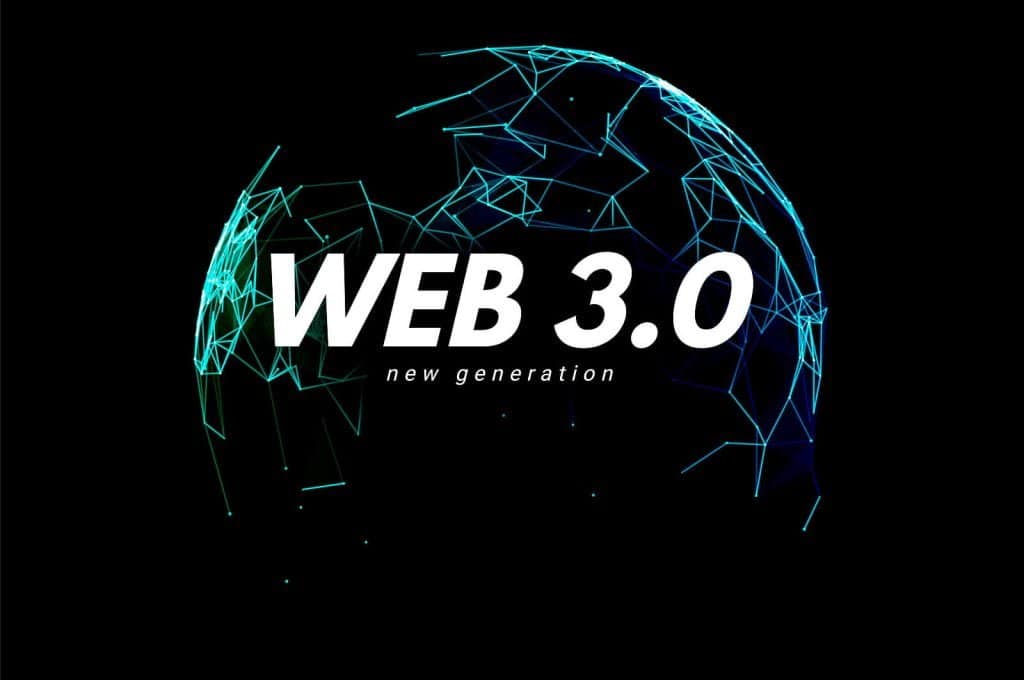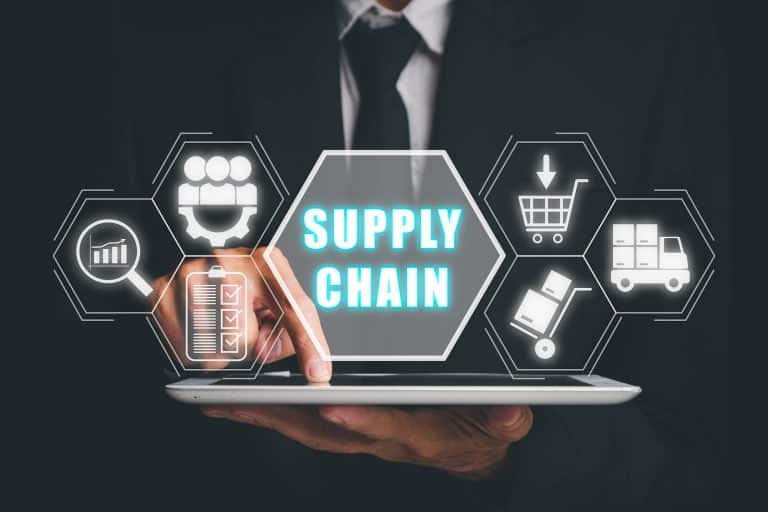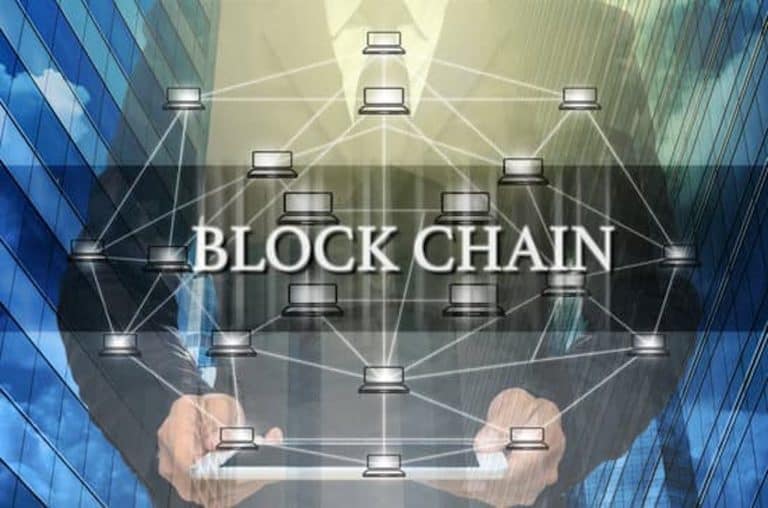Do you own a business? If yes, are you aware of the massive impact Web 3.0 will have on your business soon? Web 3.0 is poised to fundamentally alter how businesses function and internet users engage with the online environment. It’s nothing less than revolutionary!
Table of Contents
ToggleStay with this article to know what exactly Web 3.0 is, what it contains, and the advantages it will provide to your company and customers.
What is Web 3.0?
The upcoming version of the Internet, known as Web 3.0, will be built on blockchain technology. A distributed computer network called a blockchain is a digital ledger that records data.
These data blocks can be anything from Facebook likes to financial transactions. On this new Internet, everything will start to become decentralized, which will have a lot of advantages for users and small company owners. Businesses that use the new technology will have a substantial competitive advantage.
But you need to go back in time to see how the Internet evolved over the past few decades from Web 1.0 to 2.0 if you want to understand the concept of Web 3.0 better:
- Web 1.0
The early years of the Internet in the 1990s were referred to as “Web 1.0.” Despite the perception that the Web has opened up access to information, there were only a few efficient ways to use it beyond visiting a page and browsing through static content assembled by one or more content producers. It was highly disorganized.
- Web 2.0
Midway through the 2000s, the Web 2.0 revolution got started. It’s the current version of the Internet, and it increased the Internet’s possibilities beyond just information browsing. User-generated content, open integrations, software as a service (SAAS), digital marketing, and the Internet as a platform rather than a network were all introduced during this period.
Platforms like Google, Twitter, Facebook, and Amazon were created to organize the Internet. These tools make it simple for users to connect and transact online. However, these platforms have been under scrutiny for a few years for accumulating overwhelming influence.
- And Now Comes the Web 3.0
What is it about Web 3.0 that’s going to change the worldview? Customer transparency and user focus will increase with the Internet’s next phase. The way businesses use client data will radically shift. In Web 3.0, blockchain technology will be essential. Therefore, all web and mobile applications will need a blockchain upgrade.
Top 7 Advantages of Web 3.0 for Businesses & Consumers
Take a look at the list of 7 significant benefits the business community and customers will reap out of the Web 3.0 revolution:
- Elimination of Third Party
Third-party service providers are eliminated by decentralized applications, blockchain, and smart contracts of Web 3.0. For instance, the use of cryptocurrencies eliminates the need for banks because all financial transactions take place directly between the two parties. Businesses will be able to cut expenses and become more competitive as a result.
- Enhancement of Data Security
Blockchain data cannot be changed or manipulated. This eliminates the concerns of Businesses regarding data theft. For instance, In the DAO, blockchain wallets like gnosis safe are used by blockchain organizations to store cryptocurrencies for purposes like Management of its treasury.
All members of a DAO can vote on moves and changes in the wallet. This increases the security and accountability of blockchain transactions.
- Return of Your Privacy
Web 3.0 promises to place a strong emphasis on user privacy. It will decentralize client data and make its corporate usage transparent. And storing data on a blockchain purportedly protects it from hacking. Returning data ownership to consumers will result in many tech behemoths losing access to the information that has given them an edge over rivals.
- Efficiency Increment in Supply Chain Management
Businesses will find it simple to trace and monitor supply networks through blockchain technology. By removing silos, it will be simple to spot issues with distribution and production systems, which will lower costs and boost process efficiency. Vital information like deadlines and production schedules will be swiftly shared with suppliers.
- Establishment of Accountability for Organizations
All businesses will be held liable for all actions since Web 3.0 makes businesses directly accountable to their customers. It records all the transactions in a decentralized ledger. This ledger is visible to all parties. This change will provide enormous transparency to consumers and make it possible for them to buy from trusted businesses only.
- Opportunity to Build Better Relationship With Customers
Consumers can trust that the information they get via the Internet will be accurate and legitimate because data saved on blockchains cannot be changed. Businesses can leverage this openness and accountability bought by Web 3.0 to develop relationships of trust and loyalty with their customers.
- Easy Access for Everyone
A central authority will not be required for a blockchain with Web 3.0 technology. Anyone is welcome to join and take part in the network. Thus, it would be impossible for someone to be denied access because of factors like gender, financial situation, sexual orientation, or geography. Additionally, this technology will make it possible to transfer cash and digital assets across borders affordably.
Conclusion
Understanding Web 3.0’s functionality is essential for company owners, organizations, and corporations since it represents the future of commerce. You must be in touch with current industry trends.
You must carefully consider your business decisions while keeping in mind that the future is already here and is constantly changing. Will you enjoy the benefits of this opportunity, or will you pass it on?




